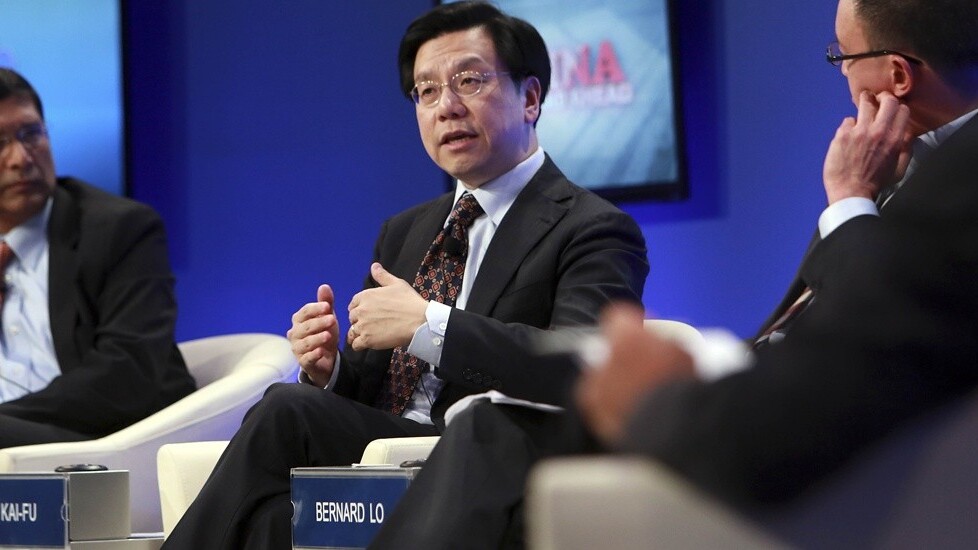
Yesterday China’s censors made global headlines for the decision to hand Kai-Fu Lee, the high-profile former head of Google’s operations in China, a 3-day ban from Twitter-like Sina Weibo, where he has 30 million followers, and Tencent Weibo services. Today, Lee responded, voicing his belief that Chinese social media is thriving and can change the country for the better.
Lee is said to have criticized the government’s role in search engine Jike — raising speculation that funds were invested in the fringe service — which led authorities to reprimand him for stirring trouble, as they’ve done to others in the past. Pando Daily suggests Lee’s ‘outsider’ status — he is a Taiwan-born American citizen — may have contributed to his very public punishment.
Regardless of the reasons, Lee, who is founder and CEO of investment firm Innovation Works, is upbeat and he penned a LinkedIn post that explains why social media “will make a difference to the future of China”.
“With news like this [the ban], most of my American friends assumed that social media in China cannot thrive, due to tighter controls,” Lee writes, before explaining that Weibo is already impacting China.
“While the controls are tighter, one must realize that social media is infinitely more open than other media in China, and Sina has built a solid product integrating images, video, structured dialog, and longer tweets. As a result, Sina Weibo has become the media of choice that people flock to find or share information, and to voice or hear opinion.”
The Chinese government does its best to exert control over the country’s media — which includes quietly funneling critical updates through state-owned mouthpieces — but the growth of Weibo (‘microblog’) services has seen a new channel emerge in which the state has a far more limited role controlling information.

In an effort to check the power of social media and make it more accountable, authorities have introduced a number of initiatives. In recent times Sina has adopted a contract for its users, introduced real-name verification, has itself been punished for harboring rumors of a coup, and more. Sina even has its own ‘rumor control team’ that polices the platform to remove and hide ‘unsuitable’ content and ‘false information’, such is the need to kowtow with authorities in order to exist.
Yet, despite this, Weibo continues to exist as a comparatively free platform in China, as Lee points out.
Google executive chairman Eric Schmidt believes that the Internet will be the undoing of China’s communist party. While that’s a bold claim that involves a degree of future gazing, it is clear that social media is already having a major impact disrupting the Chinese government’s control-based regime on a daily basis.
Related read: The great firewall: China’s digital margins
Headline image via worldeconomicforum / Flickr
Get the TNW newsletter
Get the most important tech news in your inbox each week.




